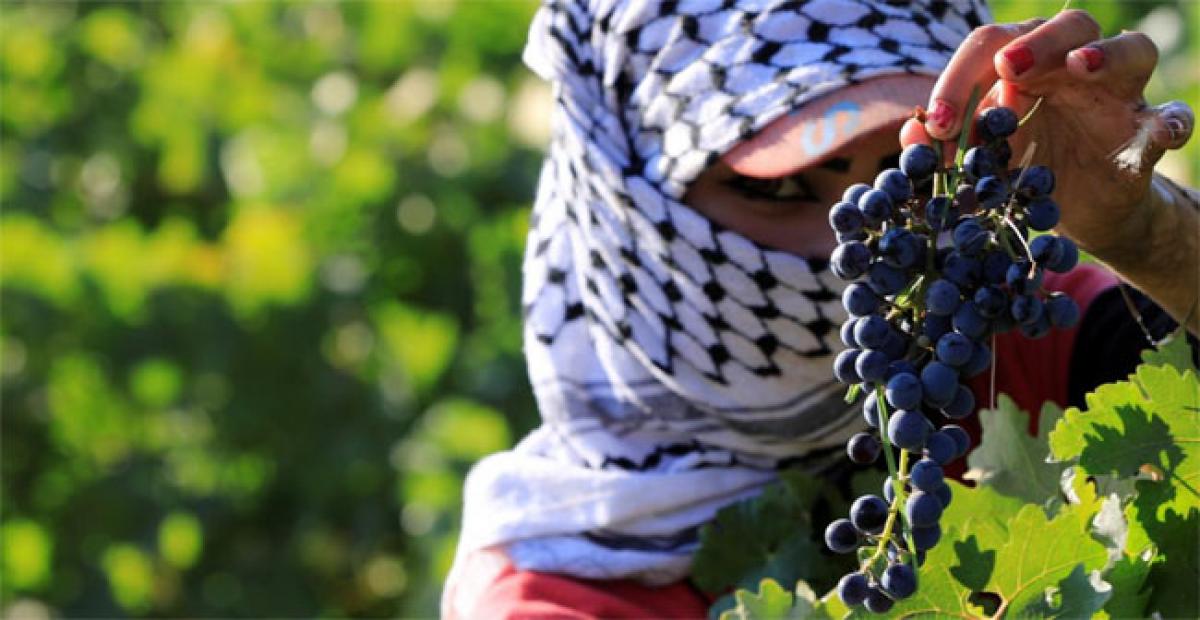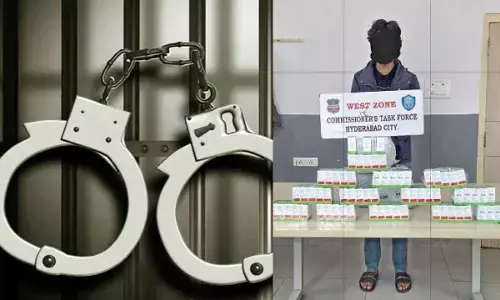Lebanon wines bring villages back to life

Lured by Lebanons winemaking potential and nostalgia for his homeland, Maher Harb left a Paris consultancy job in 2010 and dug vines into the soil of family land unused since the countrys civil war Seven years later his September, the winery launched its first commercial vintage and is now looking to export as a number of European countries take an interest
Lured by Lebanon's winemaking potential and nostalgia for his homeland, Maher Harb left a Paris consultancy job in 2010 and dug vines into the soil of family land unused since the country's civil war. Seven years later his September, the winery launched its first commercial vintage and is now looking to export as a number of European countries take an interest.
The 36-year-old is part of an expanding wine industry which is bringing life back to land abandoned during Lebanon's 1975-90 civil war and waves of economic migration. It is also bringing Lebanese - and their money - back home.
As Lebanon wrestles with stagnant economic growth, heavy debts and political inertia, the industry's success could serve as a model for other sectors looking to export. Lebanon, where winemaking dates back to the ancient Phoenicians, lies further south than most northern hemisphere wine-producing nations. But the mountains that rise up from its hot, humid Mediterranean coast provide the cooler, drier altitudes grapes need.
Since Lebanon's civil war ended, a handful of wineries has expanded to around 45 commercial enterprises and a number of small-scale producers. Global interest in Lebanon's wines is growing, but output is low - a mere 8-9 million bottles annually compared to 5-6 billion bottles from the world's largest producer Italy - and production costs are high. So producers are striving to create a distinct, marketable identity for Lebanese wine based on quality, not quantity.
The wine industry's success means the Agriculture Ministry wants it to be a model for improving the olive oil and arak sectors. Arak is a traditional aniseed-flavoured liquor. Producers are also looking to indigenous grapes for a Lebanese identity, moving away from imported, well-known French vines.
Although the industry's size is estimated by Lebanon's wine production association UVL to be only around $500 million a year, the local impact of new wineries can be transformative in a country with poor regional development and job prospects. Although Lebanon's wine industry often uses cheap Syrian labourers for harvesting, the workers picking grapes in the cool September dawn air were all local.
By Lisa Barrington














